Debunking 7 common misconceptions about New Zealand
New Zealand, a land of breathtaking landscapes, friendly locals, and distinctive culture, is often shrouded in a few misconceptions. While this island nation is celebrated for its immaculate beauty and welcoming atmosphere, some stereotypes and misunderstandings persist. Let’s dive into the truth behind the misconceptions surrounding New Zealand.
Myth 1: “All of New Zealand is covered in lush greenery”
While it’s true that New Zealand boasts spectacular landscapes and luxuriant greenery, the notion that the entire country is one vast, uninterrupted stretch of rolling mountains and forests is a misconception. New Zealand’s diverse terrain includes mountains, desert-like terrain, beaches, lakes, and bustling urban areas. Te Onetapu, more widely recognised as the Rangipo Desert, is a desolate, desert-like expanse in New Zealand. The country’s topography is anything but uniform, with scenic fjords, volcanic mountains, vast grasslands, dense forests and astonishing glaciers.
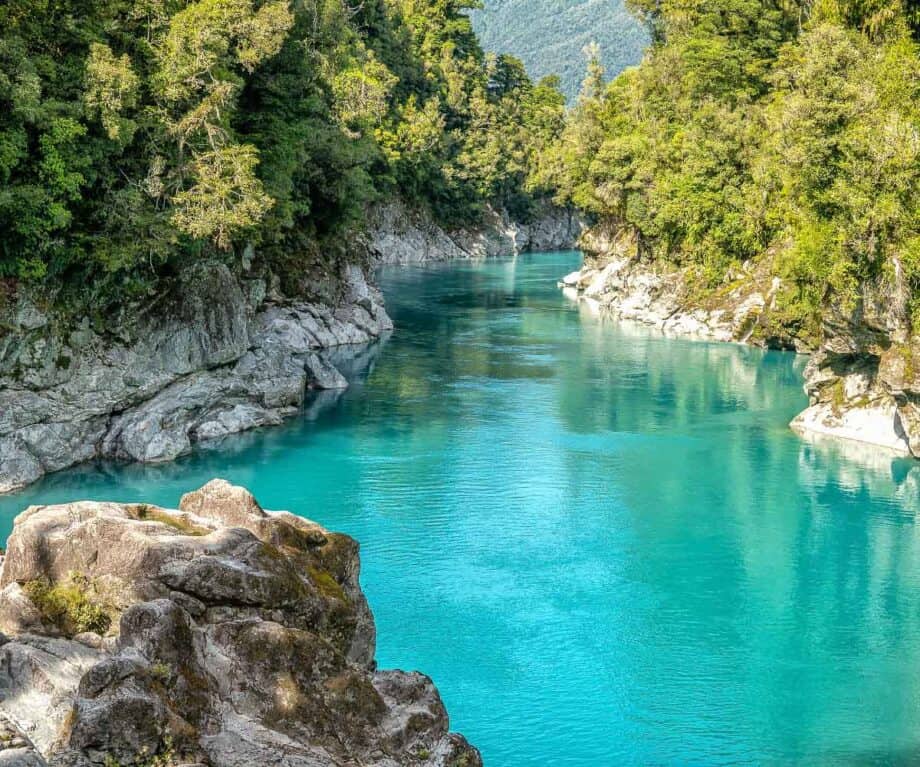
Myth 2: “New Zealand is part of Australia”
The notion that New Zealand is merely an extension of Australia fails to acknowledge the individuality and rich history of the Kiwi nation. These two countries may share the Oceania umbrella but stand as sovereign nations with their own governments, cultures, and histories.
New Zealand’s distinct identity is deeply rooted in its indigenous Māori culture, which is pivotal in shaping the country’s character. The Māori people contribute significantly to the vibrant tapestry of New Zealand’s cultural heritage with their unique language, traditions, and art forms.
Aboriginal Australians have a rich and ancient history, with evidence suggesting continuous occupation of the Australian continent for at least 65,000 years. On the other hand, the Māori people arrived in New Zealand around 1,000 years ago, making their cultural history relatively shorter in comparison to the Aboriginal Australians, showcasing the vast differences between the two indigenous cultures.
Myth 3: “NZ wildlife is limited to the Kiwi bird”
While the flightless and nocturnal Kiwi bird is a national symbol, New Zealand is home to many unique species, including 16 flightless birds. The country is a biodiversity hotspot, featuring native species like the Kōkako, the tuatara reptile, and the Hector’s dolphin. Home to the rare kākāpō, a flightless and nocturnal parrot. This critically endangered species stands as one of New Zealand’s distinctive species. The misconception that New Zealand’s wildlife is limited to the Kiwi bird neglects the rich and diverse ecosystems throughout the islands.
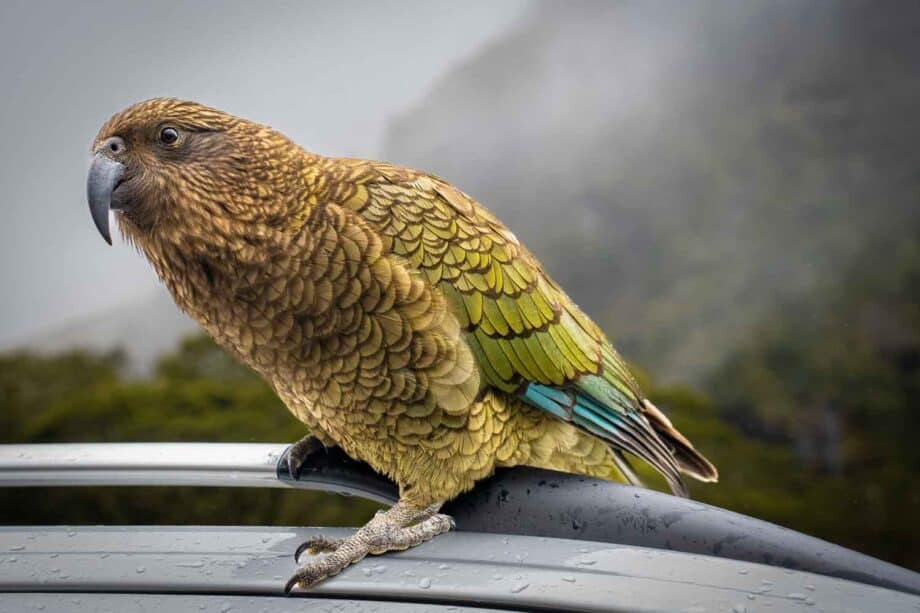
Everything you need to plan your trip in 2024
🌟 Luxury hotel deals from Booking
🏡 Vacation rentals from VRBO
✈️ Flights from KIWI
🛫 Private jets from Private Jet Finder
🅿️ Airport parking from ParkVia
🛋️ Airport lounges from Priority Pass
🚖 Airport taxis from Welcome Pickups
🚫 Flight cancellation help from AirHelp
🚗 Car rentals from Discover Cars
🚐 Luxury RV rentals from RVshare
🚴 Two-wheelers from BikesBooking
🚅 Trains from Trainline or Rail Europe
🚢 Cruises from Cruise Direct
⛵ Yacht charters from SeaRadar
🛥️ Ferries from Direct Ferries
🎫 Attractions tickets from Tiqets or Klook
🎭 Events tickets from Ticketmaster UK
🏞️ Tours from Viator or GetYourGuide
🌮 Culinary experiences from Eatwith
🏖️ Packages from Expedia US/CA or UK
🛡️ Travel insurance from Safety Wing
🏥 Medical insurance from World Nomads
📸 Vacation photos from Flytographer
🧳 Luggage from Case Luggage
🛅 Luggage storage from Stasher
📚 Travel guides from Lonely Planet
🗺️ Books and maps from Barnes & Noble
📕 eBooks from Kindle Unlimited
🎧 Audiobooks from Audible
🎬 Movies from Prime Video UK
🎵 Music from Amazon Music UK
💶 Travel currency from Wise
📱 SIMs from SimOptions
🌐 VPNs from ExpressVPN or NordVPN
🛂 Visas from iVisa
💸 Earn with Travelpayouts
📨 Seen a broken link? Please contact us!
Myth 4: “New Zealand is only for adventure seekers”
Undeniably, New Zealand is a paradise for adventure enthusiasts with its iconic bungee jumping, skydiving, and hiking experiences. However, it is crucial to dispel the notion that these heart-pounding activities define the entirety of the Kiwi experience. Beyond the adrenaline-fueled adventures, New Zealand is home to tranquil beaches, vibrant cities, and a rich arts and culture scene.
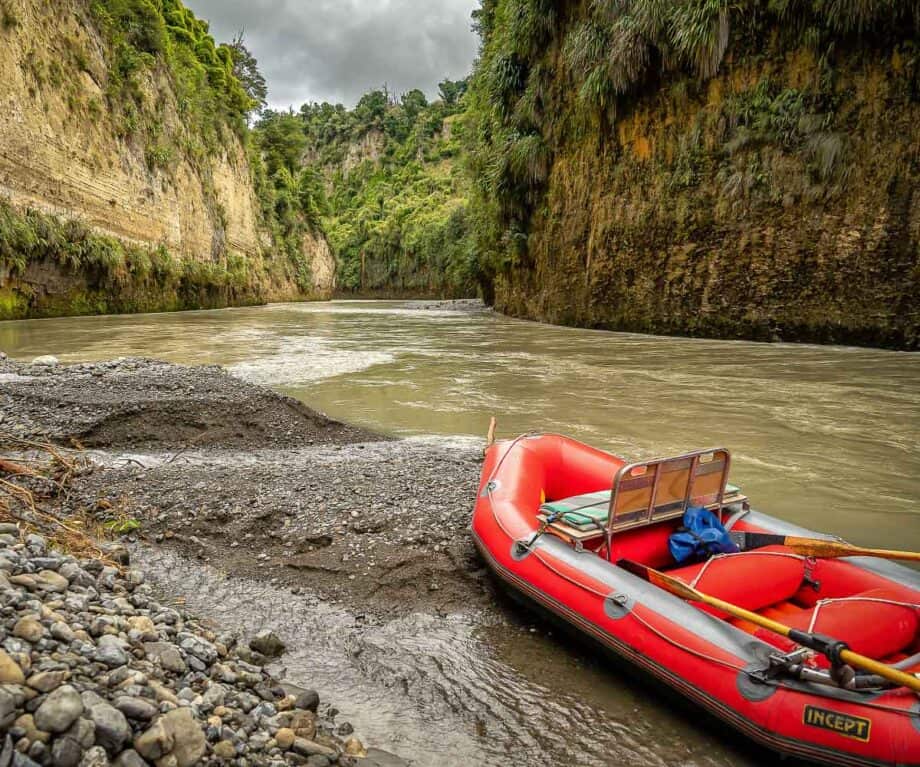
For those who seek serenity and relaxation, the country’s coastline is scattered with pristine beaches, offering a peaceful retreat. Cities like Auckland and Wellington burst with cultural vibrancy, showcasing various museums, galleries, and theatres. The Māori heritage is interwoven into the fabric of New Zealand’s culture, providing an enriching cultural experience for those interested in indigenous arts and traditions.
Whether you’re an adrenaline junkie, a culture enthusiast, or someone in search of leisurely pursuits, New Zealand extends a warm invitation. The country’s diverse offerings ensure that every visitor finds something for them regardless of their interests.
Myth 5: “Everyone in New Zealand speaks Māori”
One prevalent misconception about New Zealand is the belief that everyone speaks Māori. While Te Reo, the Māori language, holds official status alongside English, the country’s linguistic landscape is more diverse than commonly perceived. Let’s unravel the truth about the Māori language in New Zealand.
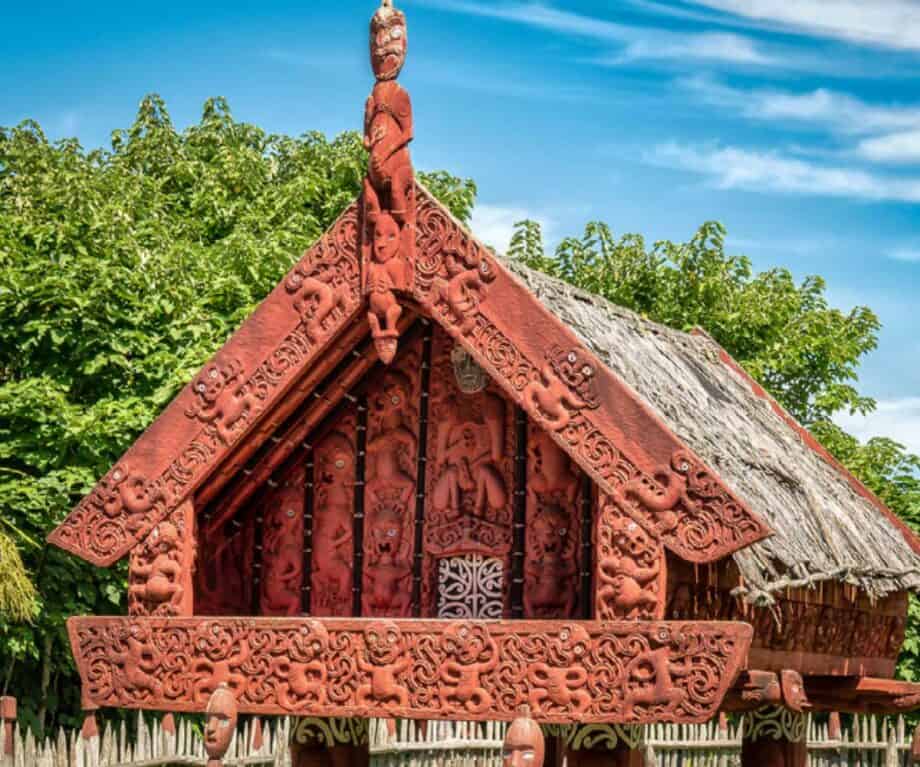
Contrary to popular belief, not every New Zealander is fluent in Māori. English remains the predominant language spoken in everyday life, reflecting the multicultural and multilingual nature of the Kiwi society. However, it’ is important to note that Māori language education is integrated into the curriculum from preschool through high school, emphasising the significance of preserving and promoting this indigenous language. Efforts to revitalise Te Reo are evident in educational institutions, where students are exposed to Māori language learning opportunities. Despite these initiatives, fluency levels in Māori vary among individuals.
Myth 6: “New Zealand is small”
At first glance, New Zealand might seem small compared to other nations. However, New Zealand’s enchanting land is comprised of two main islands—the North Island and the South Island—each boasting unique and distinctive terrains. The combined expanse of New Zealand spans approximately 1,000 miles in length and 280 miles across at its widest point, surpassing the geographic dimensions of the United Kingdom.
To put it into perspective, embarking on a journey from the top of the North Island to the bottom of the South Island would take an estimated 29 hours of driving. This substantial travel time underscores the expansive nature of New Zealand, challenging the common misconception that it is a tiny country. As you plan your visit to New Zealand, consider the expansive distances and diverse terrains that await, making every moment of your journey an adventure in the true breadth of this captivating destination.
Myth 7: “Everyone in New Zealand is a sheep farmer”
The stereotype of New Zealanders as sheep farmers is a classic misconception. While agriculture is a substantial part of the economy, with around 78.2 thousand people employed in the New Zealand agriculture industry in 2023. New Zealand is also a contemporary and developed nation with diverse industries. It’s not uncommon to find Kiwis working in offices, laboratories, or creative fields that go beyond the pastoral scenes often associated with the country.
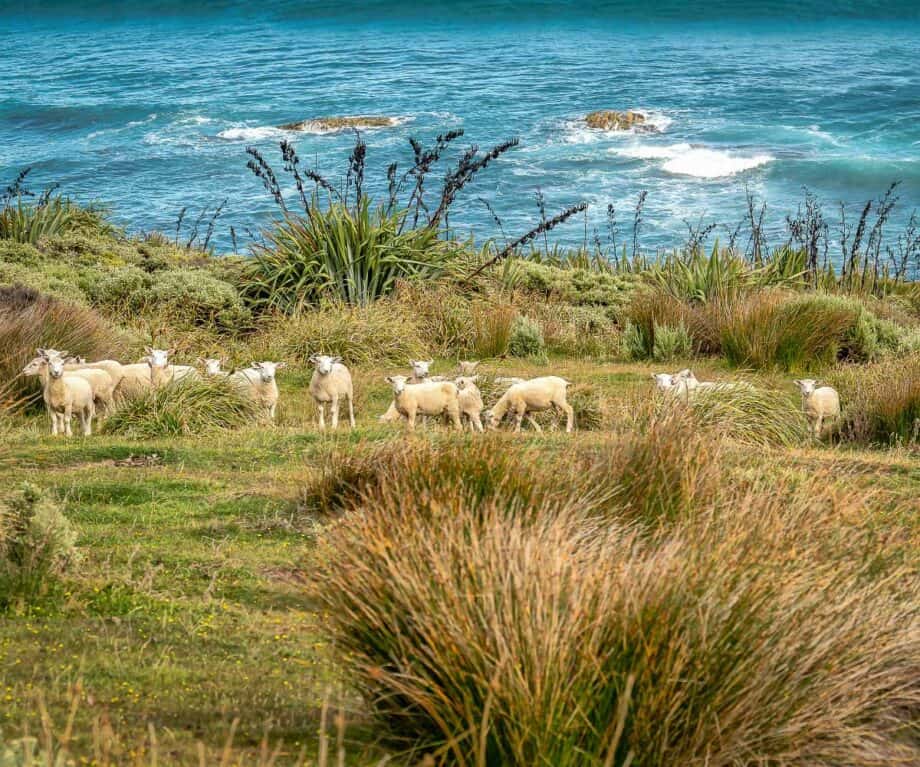
Myths debunked…
Beyond the stunning landscapes and warm locals, the country is a vibrant modern society with a rich cultural tapestry. Dispelling these misconceptions allows us to appreciate the depth and diversity that New Zealand offers to both its residents and visitors. So, the next time you think of New Zealand, remember that it’s a land of surprises and not just a collection of preconceived notions.
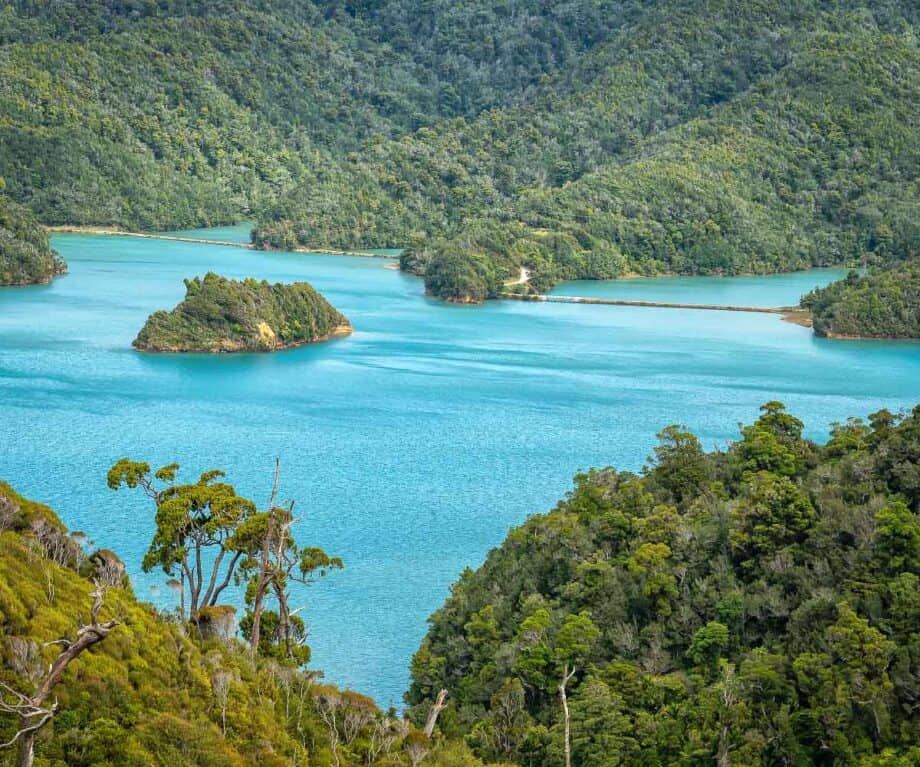
Did you enjoy this article?
Receive similar content direct to your inbox.

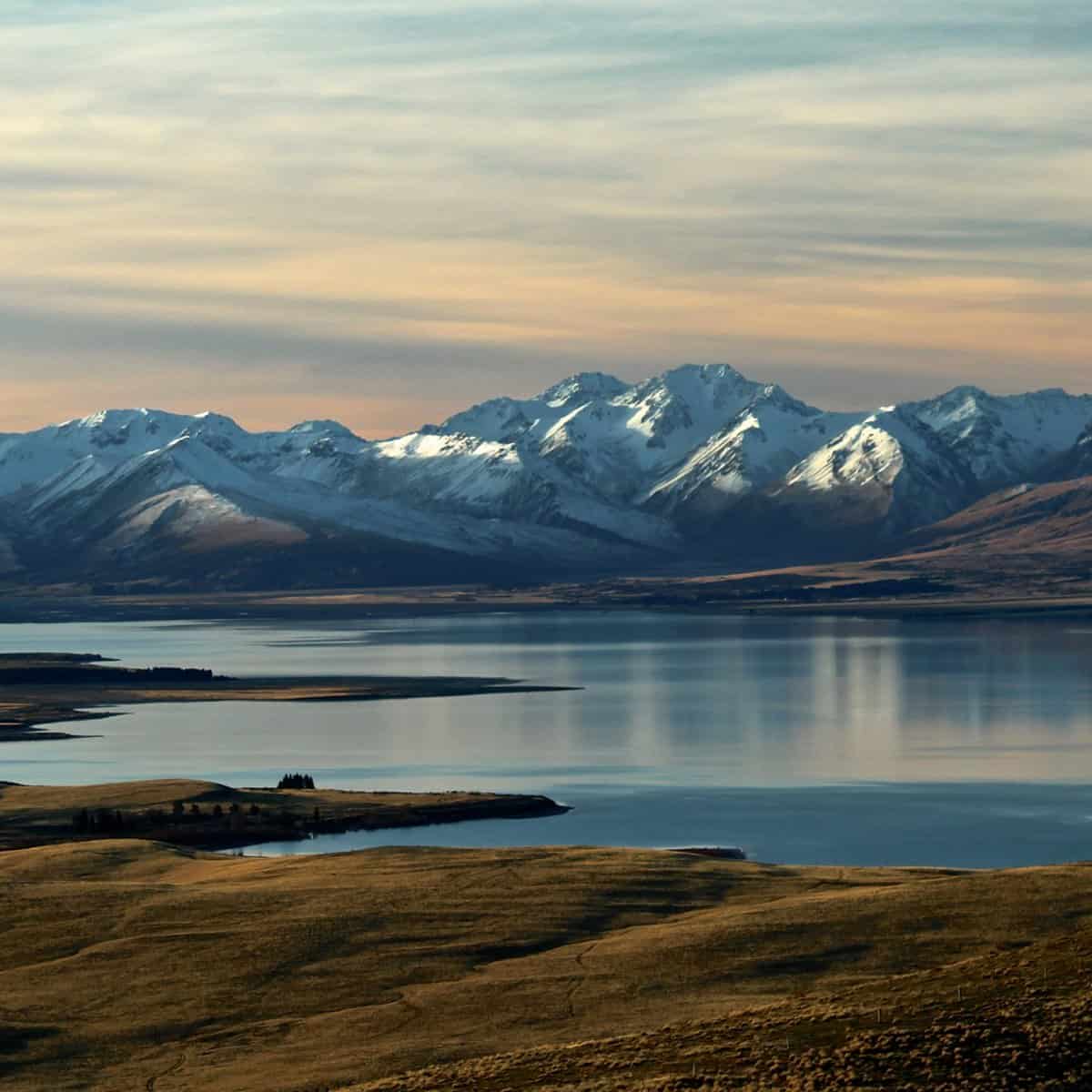


New Zealand has been on my radar for years. I’ve worked with a lot of Kiwis in China and they’ve been saying to visit the country. I love amazing landscapes, natural wonders and all – and NZ, I reckon, would never fail to amaze me.
It’s unlikely that those of us who’ve ever visited New Zealand would still believe in any of these myths! Good eye opener for those who haven’t visited.
Thanks for the comment Deb! Yes, being a kiwi we hear alot of misinterpretations about our country, good to set the record straight!
Yes, these are real travel cliches. Travellers should book their flights to New Zealand to enjoy the islands’ reality for themselves. I loved my weeks there on my gap year.
Thanks for the comment Poppy, so great to hear you loved your gap year. Hope you get to come back!
No, New Zealand isn’t small, I say as somebody who spent 3 weeks driving a camper van around much of the country. And changing the subject, what was great about that was that there wasn’t very much traffic which made the driving much easier.
We had always assumed that New Zealand wasn’t mainly for adventure seekers. It’s the first place that we plan to travel to when we retire now that we’re no longer bound by being rationed on annual leave days.
And as we’re in our mid-sixties with creeping joints, we don’t want too much climbing, abseiling and bungee jumping.
In fact, I wish that I’d heard a lot more Māori spoken when I visited New Zealand.
Travellers are often surprised by how far New Zealand actually is from Australia. Then they are delighted by how different they are..